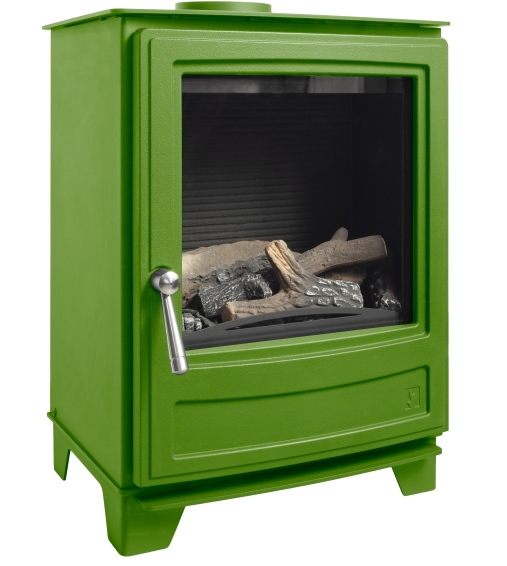Solid Fuel Appliances’ Green Benefits: A Sustainable Option for Today’s Lifestyle: Eco-friendly substitutes are becoming increasingly popular as people seek more sustainable lifestyles in many spheres of their lives. The need to lessen our carbon footprint and environmental impact is becoming increasingly apparent, as evidenced by the rise of energy-efficient appliances and renewable energy sources. In this regard, solid fuel appliances are starting to become recognized as an eco-friendly option for cooking and heating, providing a number of advantages consistent with living sustainably.
What precisely are solid fuel appliances, and what makes them environmentally friendly? Wood stoves, pellet stoves, and biomass boilers are examples of solid fuel appliances. These types of appliances heat using renewable solid fuels like wood, wood pellets, or agricultural waste. They are praised as a sustainable option for the following reasons:
Renewable Energy Source: Solid fuels are renewable, in contrast to fossil fuels like coal, oil, and natural gas, which are limited resources with negative environmental effects. For instance, wood comes from forests that are properly managed or even from waste wood products, making it a fuel that, when burned responsibly, emits no carbon dioxide.
Low Carbon Emissions: Compared to fossil fuels, solid fuels produce substantially less greenhouse gas emissions when used efficiently. Carbon dioxide (CO2) is released after combustion, but as plants absorb CO2 during growth, the carbon released is a component of the natural carbon cycle. This indicates that burning wood has comparatively low net carbon emissions, especially when compared to the mining and combustion of fossil fuels.
Local Sourcing and Economic Gains: Since solid fuels are frequently obtained locally, the transportation sector’s carbon impact is decreased. This lessens dependency on centralized energy distribution systems and boosts local economies. Furthermore, employing solid fuel appliances can open doors for small-scale producers, such as nearby woodlot owners or pellet producers, promoting rural communities’ economic development.
Energy Independence: By using solid fuels, households can become less dependent on erratic energy markets and outside energy providers, thus achieving a certain level of energy independence. This can be especially alluring in areas with inconsistent or restricted access to conventional energy sources.
Energy Efficiency: Modern solid fuel appliances are made to be as efficient as possible, producing the most heat with the least amount of fuel used. More thorough combustion and lower emissions are ensured by advanced combustion technologies including catalytic converters and secondary combustion.
Versatility and Multiple Fuel Options: The capacity to burn a range of fuels is a feature of many solid fuel appliances, offering robustness and flexibility in terms of fuel availability. This adaptability further improves the sustainability of these appliances by enabling users to switch between several solid fuel sources based on availability, cost, or personal preference.
Decreased Waste and Environmental Impact: By keeping waste wood and agricultural wastes out of landfills, you may cut down on trash and lessen pollution in the environment. Furthermore, replacing trees and protecting biodiversity are examples of responsible forestry practices that support the overall sustainability of solid fuel production.
Although solid fuel appliances have many positive environmental effects, it’s important to remember that their sustainability depends on appropriate use and upkeep. The use of seasoned wood or premium pellets, frequent cleaning, and efficient operation are essential for reducing emissions and optimizing performance.
In summary, solid fuel appliances offer a low-carbon, renewable choice for cooking and heating that is consistent with the ideas of sustainable living. People can lessen their influence on the environment, boost local economies, and contribute to a future that is more resilient and environmentally benign by using solid fuels. Adopting solid fuel appliances can be a big step towards living a greener lifestyle, whether it’s for the efficient heating of a biomass boiler or the comfortable warmth of a wood fire.


